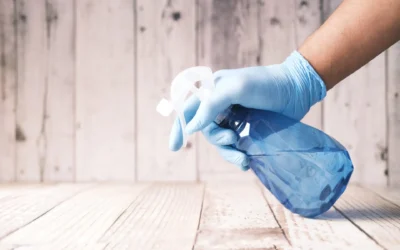The top kitchen safety tips will keep you and your loved ones safe. They can help avert all sorts of hazards from accidental food poisoning. These are the top kitchen safety tips that you can get started with and gradually add over time to improve your kitchen skills.
Knife Use
Knives are so useful, yet they can be extremely dangerous if not used correctly. Make sure that you use perfectly sharp knives for the job.
Blunt knives make accidents and cut far more likely since you have to apply too much force to work them. You should focus purely on cutting when using knives. Don’t be distracted. Use knives with the greatest caution.
Use Care With Hot Dishes
Hot dishes, stoves, and ovens can be dangerous if not used with respect. Especially when baking, you should take full precaution when handling dishes inside the oven since they will be extremely hot all over.
Make sure that you wear the right gloves specifically designed for baking to keep your hands safe. Care should be employed with stoves as well. Here you have a degree of flexibility since at least the insulated handle will be cool. But even then caution is necessary.
On a stove, the handle should not stick out towards you. Turn it towards the side so that there is no danger of accidentally bumping into the handle and spilling the hot contents.
Keep Kids And Pets Out
Kids and pets have no place in the kitchen. You should keep them out, especially very young ones. If you do decide to let older kids in, make sure that you always watch them very carefully.
Food Safety
The kitchen starts at the grocery store or supermarket where you buy your supplies from. Be sure to check all expiration dates carefully to ensure that there is sufficient time to expiry.
Don’t buy meat if its packaging is damaged. Don’t buy a tin can if it is bent or damaged. Also, learn to read labels so that you buy foods with safer ingredients.
Refrigerator And Freezer
Storing the food properly is essential. Don’t let the meat and other quickly perishable items sit out for too long. Refrigerate them quickly.
Food should not be left out for too long. Refrigerate or freeze it if you are not going to eat it now. Make sure that your fridge is under 40 degrees and that the freezer is under 0 degrees Fahrenheit.
Prevent Cross-Contamination
Poultry, fish, and meat are more vulnerable to various pathogens that can be dangerous to your health. So, stop these pathogens from spreading.
One way is to use a separate cutting board for meats and plant-based foods. Wash countertops with a mild bleach solution to sanitize them. Hands should be washed carefully after handling meat.



